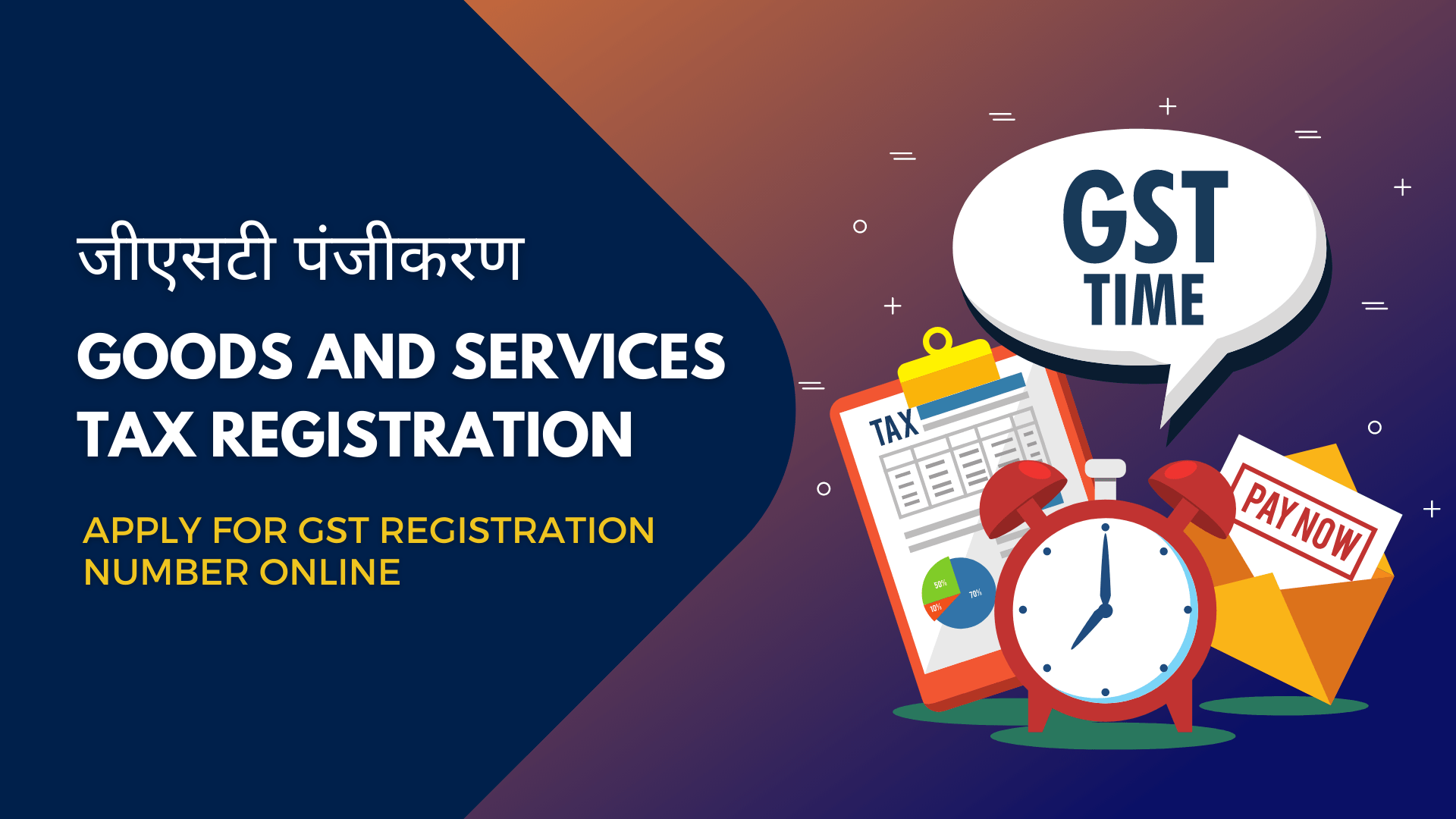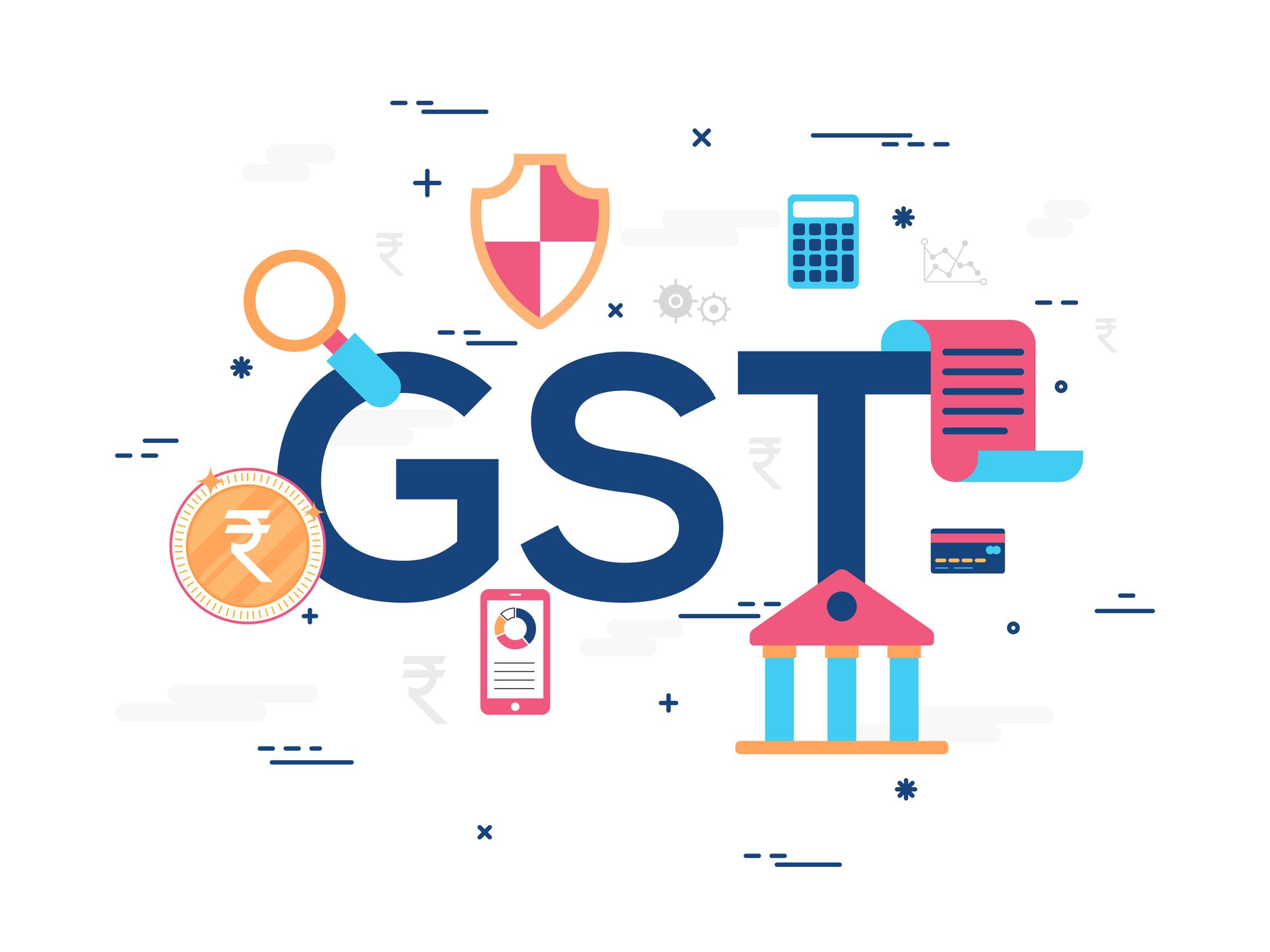CFO Account & Services: Your Relied On Companion for Hassle-Free GST Registration in Singapore
CFO Account & Services: Your Relied On Companion for Hassle-Free GST Registration in Singapore
Blog Article
From Start to Complete: A Comprehensive Introduction of GST Enrollment and Just How to Successfully Register Your Service
Navigating with the detailed process of GST registration can be a vital step for any type of organization seeking to establish conformity and authenticity on the market. Why choose CFO Account & Services for GST registration in Singapore. From recognizing the fundamental ideas of GST to meeting the eligibility requirements and collecting the necessary documentation, the trip in the direction of successful registration can commonly appear like a complicated task. Nevertheless, with the appropriate guidance and insights, companies can enhance this procedure and unlock the benefits that come with being a registered entity.
Understanding GST and Its Significance
Understanding the Item and Provider Tax Obligation (GST) and its value is necessary for services running in economic situations where this taxes system is applied. GST is a value-added tax obligation levied on the supply of products and services, designed to enhance the indirect tax framework. It changes numerous plunging taxes imposed by the state and main governments, producing a unified market across the country. One of the key benefits of GST is the removal of the cascading effect of tax obligations, causing boosted effectiveness in the tax system. By allowing businesses to claim input tax obligation credit scores on the tax paid on purchases, GST makes certain that taxes are calculated just on the worth added at each phase of the supply chain.
Furthermore, GST advertises conformity and transparency in the tax obligation routine, reducing tax obligation evasion and increasing federal government revenue. It simplifies tax obligation administration and compliance for services by offering an usual platform for tax obligation filing and payment. Overall, a thorough understanding of GST is critical for companies to properly navigate the intricacies of the tax system and make sure compliance with the legislation.
Qualification Standards for GST Registration
To sign up for GST, businesses need to fulfill specific eligibility criteria outlined by the tax authorities. The key need for GST registration is that business's aggregate turnover surpasses the limit established by the government, which differs by state. Since the present standards, organizations with an annual turnover of Rs. 40 lakhs or more in a lot of states have to sign up for GST. However, for companies running in uneven areas and northeastern states, the limit is Rs. 20 lakhs. In addition, particular companies, such as those associated with inter-state supply of services or items, casual taxable persons, and non-resident taxed individuals, are called for to register for GST regardless of their turn over.
Moreover, organizations involved in supplying goods or solutions through shopping platforms are also mandated to sign up for GST, irrespective of their turnover. Furthermore, services that were registered under the previous tax obligation program, such as VAT, excise task, or solution tax obligation, have to change their registration to GST. Following these qualification requirements is vital for businesses looking for to conform with the GST laws and prevent any kind of charges for non-compliance.
Papers Needed for GST Registration
When requesting GST enrollment, businesses must ensure they have all the necessary records in order to complete the process smoothly and successfully. The key records required for GST enrollment include proof of service enrollment or consolidation such as the Certificate of Incorporation, partnership action, or registration certificate. Additionally, organizations require to give evidence of address for the primary workplace, which can be supported by documents like an utility costs or a rental agreement.
Additionally, records confirming the identification and address of the partners or marketers included in business, such as frying pan card, Aadhaar card, or key, are necessary for GST enrollment. Bank account declarations or canceled cheques showing the name of the company, address, and account number are likewise compulsory to validate the savings account details provided throughout registration.
Making sure all the essential documents are in order and readily offered will enhance address the GST registration procedure and aid services avoid hold-ups or problems.
Online Registration Process for GST

After finishing the type, sustaining records need to be published as per the standards offered. These records normally include proof of business enrollment, address proof, financial go institution statements, and identity proof of the organization owner. It is crucial to make sure that all records are clear, valid, and published in the defined style to stay clear of delays in the registration process.
As soon as the application and documents are submitted, businesses can track the condition of their GST registration online. If there are no problems or added details needed, the GST registration certification will be provided online, noting the successful completion of the on the internet registration procedure.
Post-Registration Conformity and Tips

Furthermore, organizations have to maintain appropriate account books, consisting of invoices, bookkeeping records, and check here financial declarations, to sustain the info given in GST returns. Normal audits and reconciliations need to be conducted to make sure data accuracy and conformity with GST laws. Companies ought to remain upgraded on any kind of modifications in GST policies, rates, or conformity procedures to make necessary changes promptly. Looking for expert support from tax obligation experts or accountants can additionally assist organizations browse complex GST conformity demands effectively. By remaining vigilant and proactive in post-registration conformity, companies can stay clear of charges, keep great standing with tax obligation authorities, and foster functional efficiency.
Conclusion
To conclude, the process of GST registration is essential for services to abide with tax regulations and run legitimately. By understanding the eligibility standards, gathering the required papers, and completing the online registration procedure, organizations can efficiently sign up for GST. When needed to guarantee smooth operations., it is essential to stay compliant with post-registration demands and look for specialist guidance (Why choose CFO Account & Services for GST registration in Singapore).
Companies that were signed up under the previous tax obligation routine, such as Barrel, import tax duty, or solution tax obligation, must transition their registration to GST. The key files needed for GST enrollment include proof of business registration or incorporation such as the Certificate of Incorporation, partnership deed, or enrollment certification.Upon effective conclusion of the GST enrollment procedure, organizations need to immediately stick to post-registration compliance requirements to maintain regulatory compliance and ensure smooth procedures.In verdict, the procedure of GST registration is vital for companies to conform with tax obligation guidelines and operate legally. By recognizing the qualification requirements, gathering the required documents, and finishing the on the internet registration procedure, organizations can effectively register for GST.
Report this page